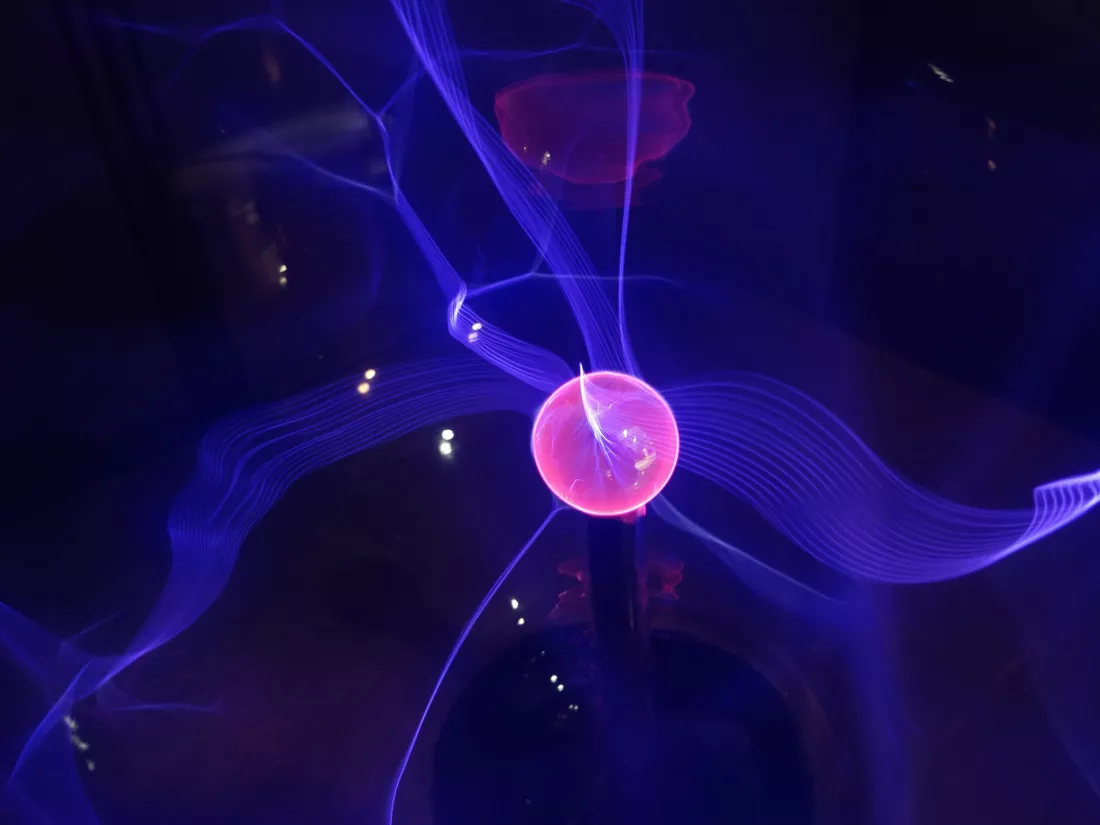There have indeed been civilizations upon your planet that understood as well as you, and without your kind of technology, the workings of the planets, the positioning of the stars -- people who even foresaw "later" global changes. They used a mental physics. There were men before you who brought back data quite as "scientific" and pertinent. There were those who understood the "origin" of your solar system far better than you. Some of these civilizations did not need spaceships. Instead, highly trained men combining the abilities of dream-art scientists and mental physicists cooperated at journeys not only through time but through space.
Jane Roberts, in The “Unknown” Reality: Volume One, p. 196, Session 702

